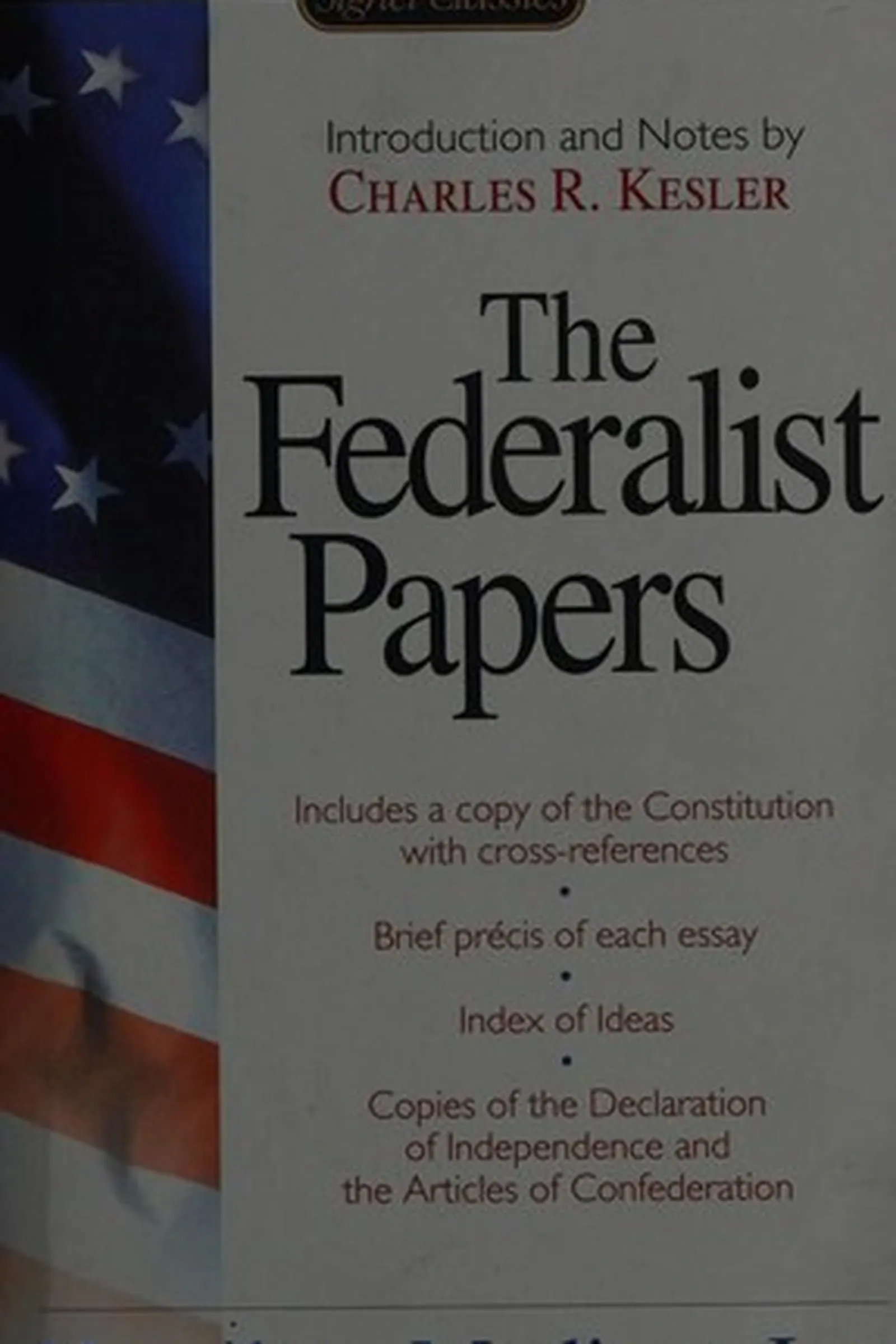The Federalist Papers, Hamilton/Madison/Jay, 1788
- Author: Hamilton/Madison/Jay
- Genre: Politics
- Publisher: Penguin Classics
- Publication Year: 1964
- Pages: 384
- Format: Paperback
- Language: English
- ISBN: 978-0451528810
- Rating: 4,4 ★★★★★
The Federalist Papers Review
About
The Federalist Papers (1787–1788) stand as the intellectual backbone of the U.S. Constitution. Written by Alexander Hamilton, James Madison, and John Jay under the pseudonym “Publius,” these 85 essays were crafted to persuade skeptical states to ratify the Constitution. Beyond their political purpose, they endure as a masterclass in democratic theory and the mechanics of balanced government.
Overview
Each essay tackles a different question about governance: representation, checks and balances, the separation of powers, and the dangers of faction. Together, they lay out a system designed not for perfection, but for stability amid human imperfection. The writing oscillates between pragmatic and visionary—Hamilton’s fire, Madison’s logic, Jay’s diplomacy. Even centuries later, they read less as relics and more as blueprints for self-restraint in politics.
Summary
(light spoilers) Hamilton begins by warning against the chaos of disunion and the weaknesses of the Articles of Confederation. Madison, in Federalist No. 10, famously diagnoses faction as democracy’s chronic illness and proposes representation as its cure. Later essays refine the architecture of power—executive, legislative, judicial—each constrained by the others. The collection culminates in a defense of the Constitution not as utopia, but as a durable compromise, one that trusts human ambition to police itself. The brilliance lies in its realism: government as a system built for flawed beings, not angels.
Key Themes / Main Ideas
• Power balanced by structure, not virtue.
• Faction and ambition as necessary evils.
• Representation as both filter and safeguard.
• Liberty protected through institutional design.
• The Constitution as an experiment in controlled energy.
Strengths and Weaknesses
• Strengths — Persuasive, rational, and elegantly written.
• Strengths — A cornerstone of constitutional thought.
• Weaknesses — Dense eighteenth-century prose can challenge modern readers.
• Weaknesses — Leaves unaddressed the exclusions (women, enslaved people) in its vision of “the people.”
Reviewed with focus on themes, audience, and takeaways — Hamilton, Madison, and Jay
| pa_author | Hamilton/Madison/Jay |
|---|---|
| ISBN | 978-9-629-16615-9 |
| pa_year | 1962 |
| Pages | 388 |
| Language | English |







